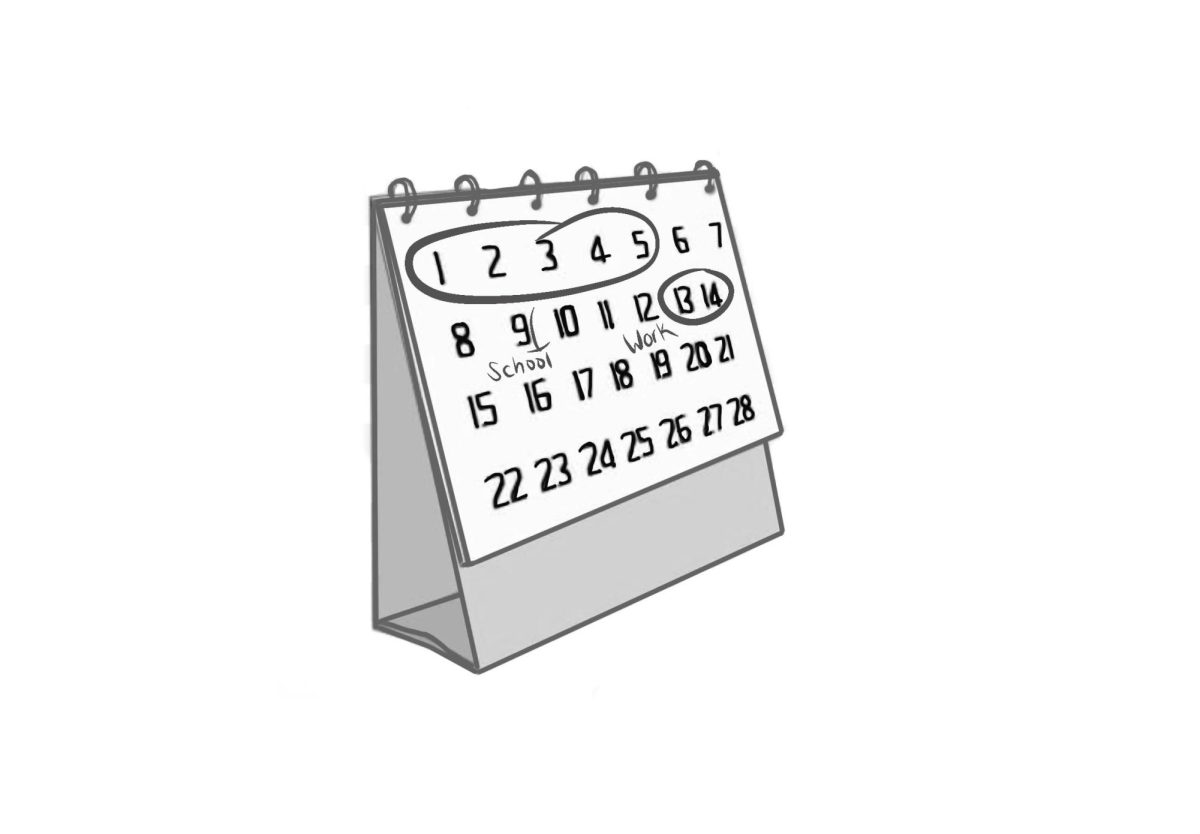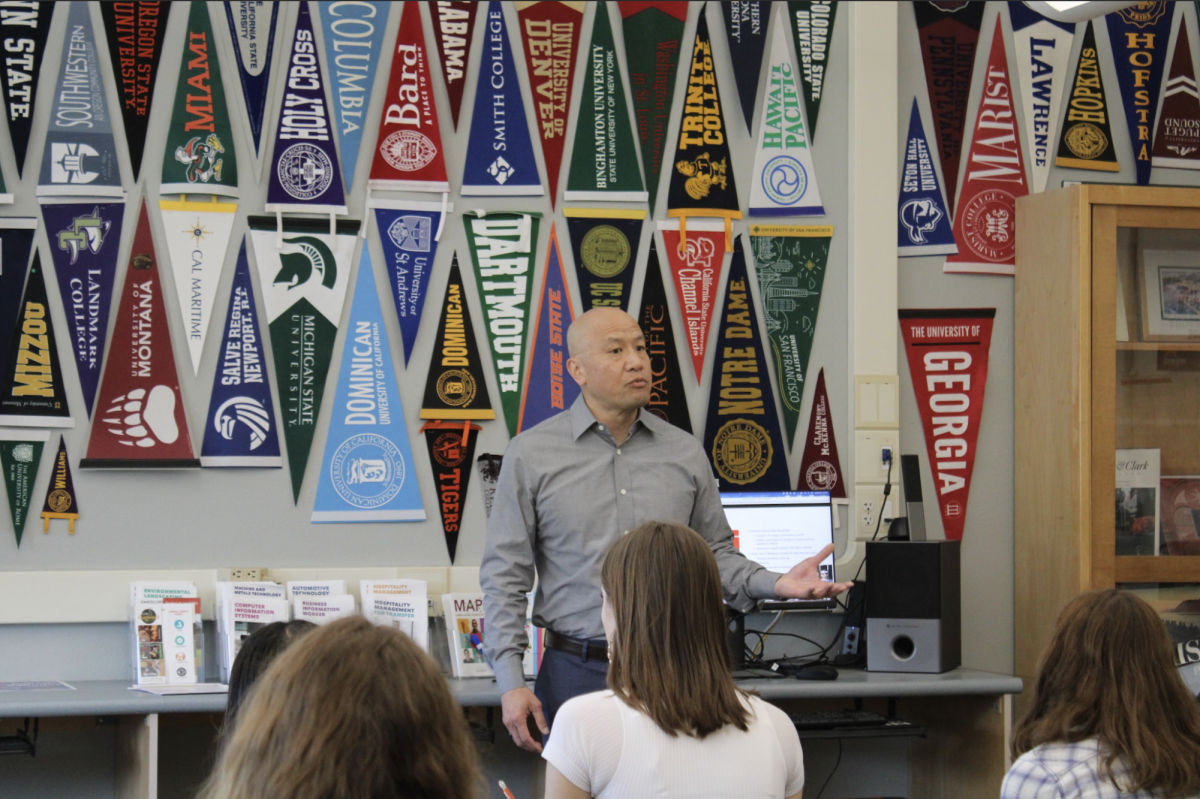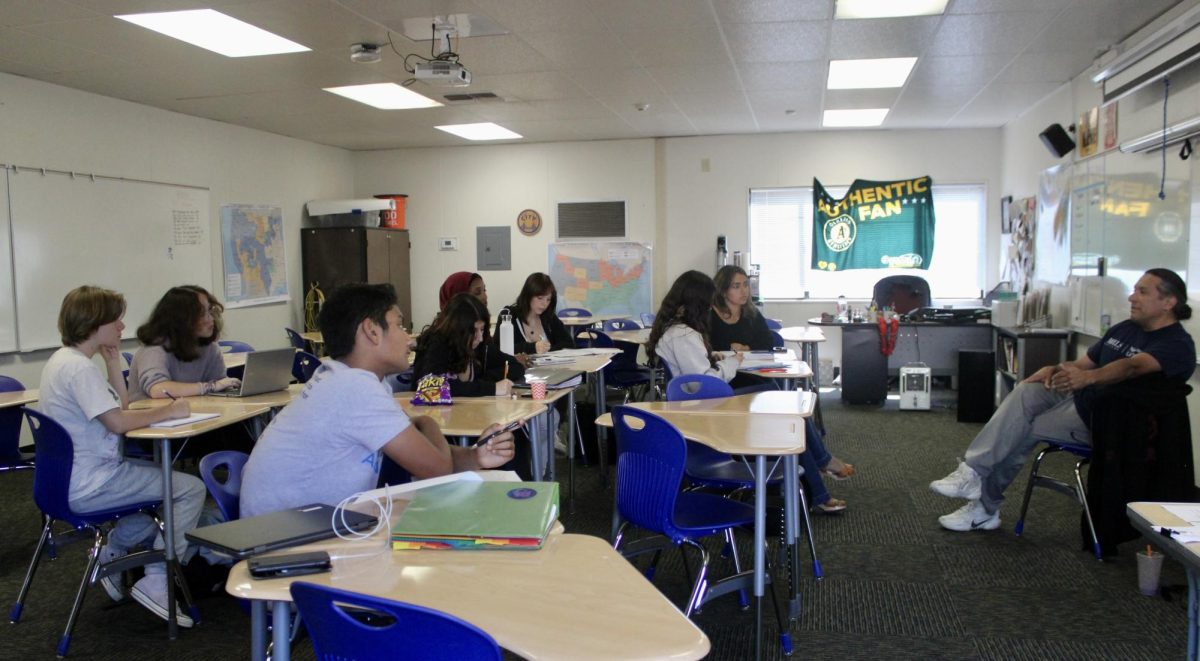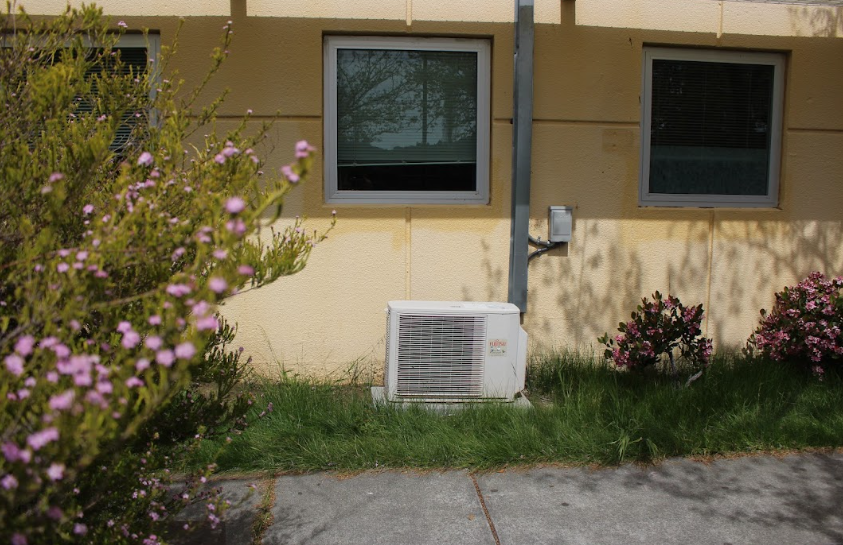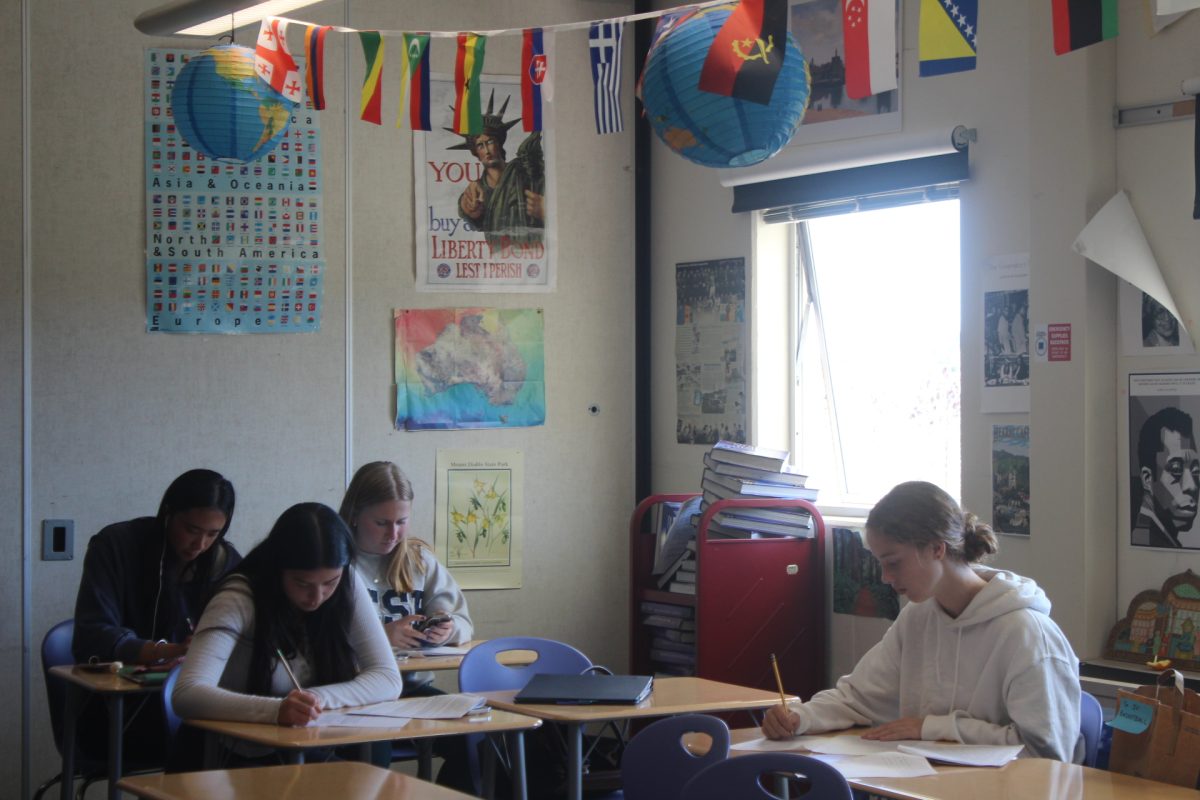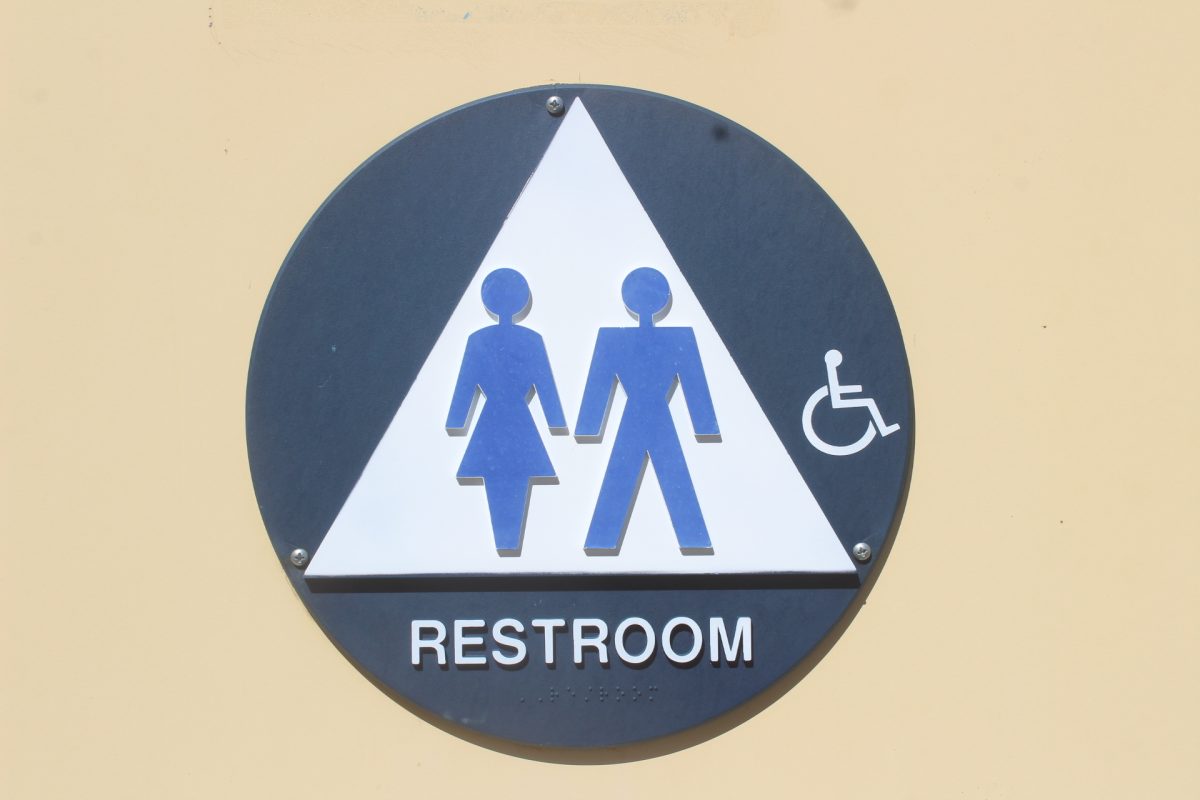A new law that goes into effect on Jan. 1 will make it more difficult for parents to opt out of immunizations for their child.
Parents will now have to provide the signature of a health care practitioner before their children will be allowed to attend school without receiving state-mandated vaccinations.
Students are required to receive certain vaccines in order to attend public or private schools, under the California School Immunization Law. However, California allows parents to opt out of any and all vaccinations for their child if they fill out a waiver acknowledging that their child may be excluded from school during a disease outbreak. The waiver is known as a personal belief exemption.
Statewide, the rate of personal belief exemptions was 2.8 percent in 2012-2013. But in Marin County, the rate was higher, at 7.8 percent.
The new law will change the rules for opting out of student immunizations. Assembly Bill 2109, signed by Gov. Jerry Brown in September of last year, amends Section 120365 of the California Health and Safety Code. Documentation must now be provided stating that a health care practitioner has provided a parent or guardian with information regarding vaccines and the effect of diseases on a person and a community in order for the parent or guardian to take a personal belief exemption.
Sharayn Forkel, Senior Public Health Nurse and Immunization Coordinator at Marin Health and Human Services, said that she thinks the new law will improve immunization rates.
Forkel noted that parents may fill out a personal belief exemption if they realize they haven’t gotten the required vaccinations for their child by the start of the school year.
“A lot of people sign a personal belief exemption as a matter of convenience,” she said.
Forkel said that immunization is important for high school students because of herd immunity, which is achieved when a sufficient percentage of the population, generally about 90 percent, is immune to a particular disease. This protects the roughly two to three percent of people who can’t get vaccinated.
Additionally, Forkel said that vaccines are not 100 percent effective, and they don’t work for a small percentage of people who receive them.
Though the groups most susceptible to disease are infants and the elderly, Forkel said that high schools can be affected as well, because of a variety of people who cannot receive vaccinations, such as those with allergies to vaccine ingredients.
Rates of immunization are uneven throughout Marin. Forkel pointed to San Geronimo and the rest of West Marin as areas with particularly high opt-out rates.
“There’s pockets [of Marin] where people talk to each other,” she said. “You’re having a baby and someone says something bad to you about vaccines…and then it’s easy to find something on the Internet that says something like ‘vaccines cause autism.’ Then you may not vaccinate your kid.”
At San Geronimo Valley Elementary School, 45 percent of kindergarteners had personal belief exemptions on file during the 2012-2013 school year.
One of the immunizations required by the state of California is the DTaP vaccine, which is intended to protect against diphtheria, tetanus, and pertussis.
California experienced an outbreak of pertussis, or whooping cough, in 2010. Over 9,000 people were diagnosed, including at least 350 from Marin.
Whooping cough is a contagious respiratory disease caused by bacteria, and is known for violent coughing that can make it difficult to breathe, according to the Centers for Disease Control and Prevention.
Forkel said that whooping cough is a particularly difficult disease to control in a community.
“Even when there’s a high rate of vaccinations, it’s hard, because you can get [whooping cough] more than once. If you get it, you may have immunity for four to six months, but after that, you can get it again,” Forkel said. “And it’s highly contractable.”
As of November 4, 2013, there were 1,576 cases of pertussis in California with onset in 2013 reported to the California Department of Public Health. This is an increase from the 1,023 cases reported in 2012.
Marin reported 149 cases by Nov. 4, the second highest number in all of California, and also had the second highest rate of illnesses per 100,000 residents, at 58.5, according to the CDPH. As of Dec. 4, 163 cases had been reported to Marin Health and Human Services.
Forkel is one of the founders of the Marin Immunization Coalition, a group that works to increase immunization rates in the county. According to Forkel, the group is currently making a video about immunization designed for vaccine-hesitant parents.
“A lot of people are on the fence about vaccines, and need to be tipped one way or the other,” she said.


